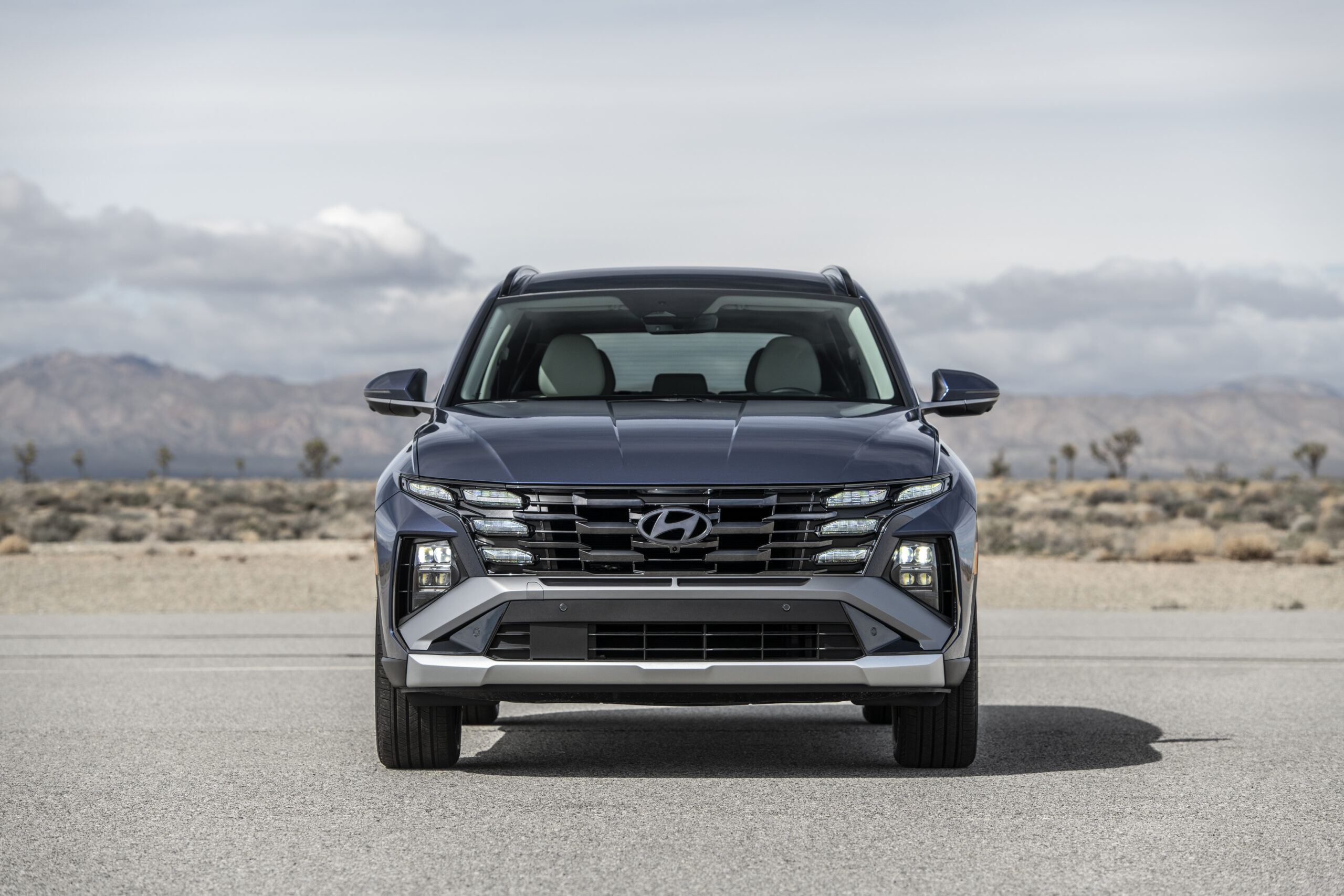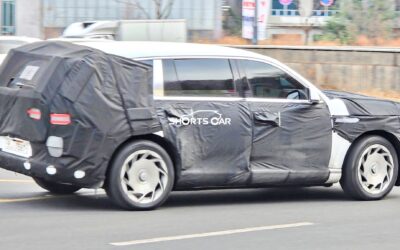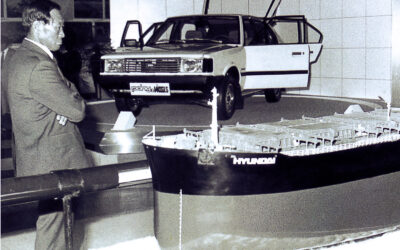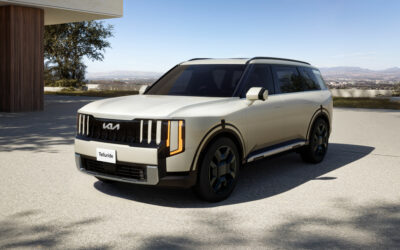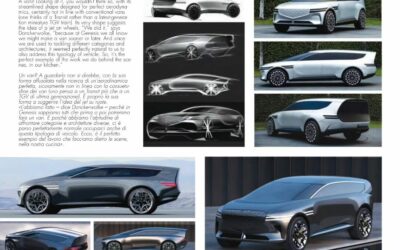Hyundai Motor has announced plans to launch the next-generation models of its flagship vehicles, the Avante and Tucson, in the first half of 2026 according to a report from ETNews. This strategic move aims to adapt to shifting market demands due to the electric vehicle (EV) chasm—a temporary stagnation in EV demand—and the easing of environmental regulations worldwide.
Extending the Lifespan of Internal Combustion Engine Vehicles
In response to these market changes, Hyundai is adjusting its transition to electric vehicles by extending the lifespan of internal combustion engine (ICE) vehicles until after 2030. The company has initiated projects to develop fully modified, or “full-change,” models for the compact sedan Avante and the compact SUV Tucson.
New Model Developments: CN8 and NX5
The new Avante and Tucson models have been assigned project names CN8 and NX5, respectively. These codes represent each model’s internal development designation, with the numbers indicating their generation—8th for the Avante and 5th for the Tucson.
Both vehicles will be developed as gasoline (ICE) and hybrid (HEV) models. Additionally, the Tucson will offer a plug-in hybrid (PHEV) variant capable of electric charging in select markets.
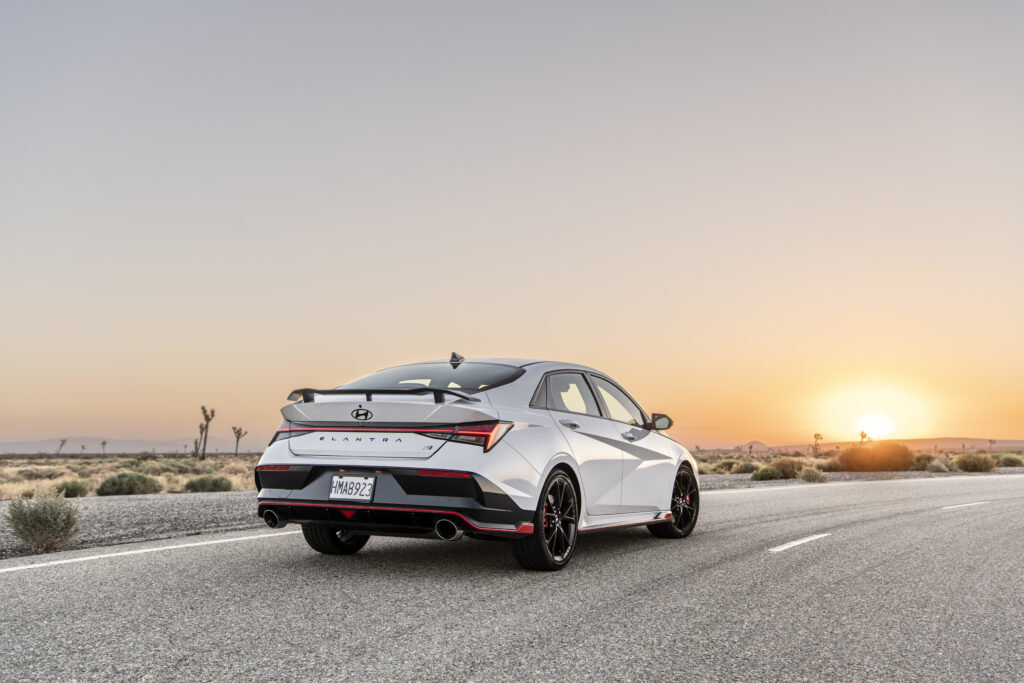
Enhancements and Features
The upcoming models are expected to feature significant improvements, including:
- Redesigned Interior and Exterior: Modern aesthetics and enhanced ergonomics.
- Improved Powertrain Performance: Enhanced efficiency and driving dynamics.
- Advanced Safety and Convenience Equipment: Integration of the latest technology for a safer and more comfortable driving experience.
Sustaining Popular Demand
The Avante and Tucson are among Hyundai’s most popular models, with annual sales exceeding 100,000 units in key markets like the United States. Launched in 2020, the current 7th-generation Avante and 4th-generation Tucson are now entering their sixth year, prompting the need for a full model change to maintain market competitiveness.
Adapting to Market and Regulatory Changes
Hyundai’s decision to extend the product life cycle of its flagship ICE vehicles aligns with the prolonged EV chasm and the global movement to ease environmental regulations, including in the European Union (EU). The EU had initially planned to implement Euro 7, a stringent emission regulation that would significantly impact ICE vehicles. However, considering concerns from the automotive industry about potential economic impacts, the EU has decided to maintain emission standards at the current Euro 6 level, focusing instead on refining testing methods and detailed standards.
Looking Ahead
Given that Hyundai’s new vehicle life cycles typically span 5 to 7 years, the next-generation Avante and Tucson are expected to be available until at least 2031, possibly extending to 2033. This extension reflects Hyundai’s revised strategy to balance its electric and internal combustion offerings, especially in major markets where environmental regulations and consumer preferences continue to evolve.

